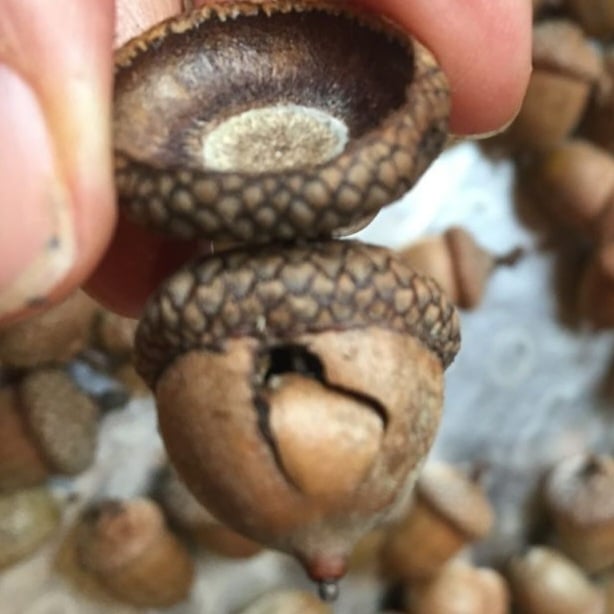Grapeception
So basically its like boiling grape juice to make it more concentrated?
Nope, the process gives a different flavor. That’s partially because of the varieties used, and partially the heat changing the juice.
Think of it more like balsamic vinegar. You can kinda get a similar taste to barrel aged by taking grape must and mixing it with other things, but it is still a different taste, and the viscosity can’t even be close. So, when you reduce the faux balsamic with heat, you and to with a very different taste indeed.
The process of dehydration is slower and gentler than a reduction can be, so the flavor gets preserved better. When you then extract the juice, you end up with a less altered taste. Mind you, it’s also different from the grape the raisins were originally from; dehydration does change things some by itself.
The concept of raisin juice might seem a bit odd, since raisins are, after all, dried grapes, and grape juice is an already well known substance. However, raisin juice is not the same thing as grape juice. Because raisins are dehydrated, their juice is in turn a highly concentrated substance, with less water than grape juice. It is also intensely sweet, as typically sweet varieties of grapes are used to make raisins, and their sugar content increases with dehydration
For those who can’t tell if this is a joke or not
Might be real, but it’s still a joke. Grape juice concentrate.
Some wines use partially raisined grapes to make a very sweet flavor profile, like [Sauternes.](https://en.wikipedia.org/wiki/Sauternes_(wine\))





